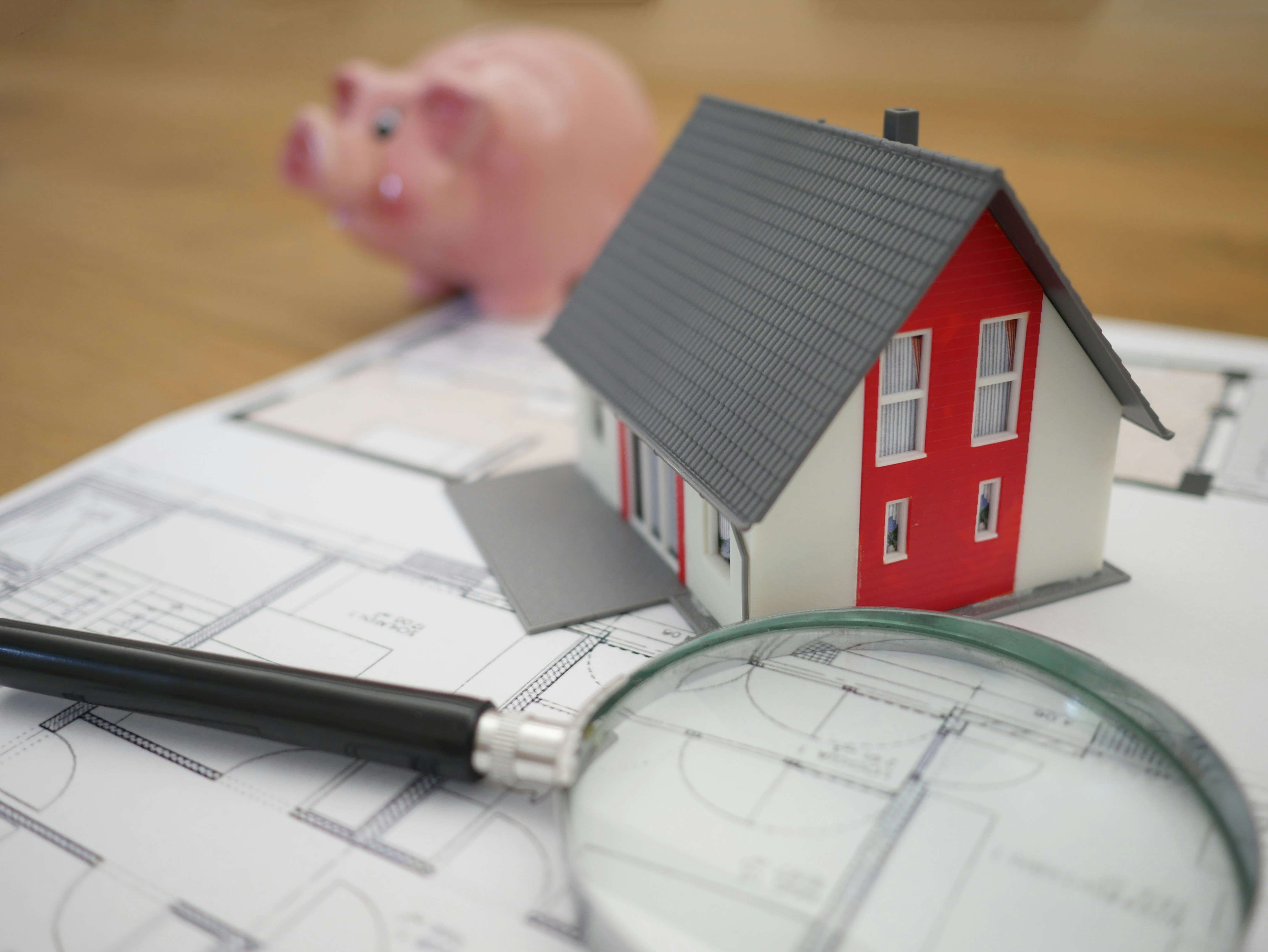Pricing your home correctly is one of the most critical aspects of selling it quickly and for the best possible price. However, many sellers fall into the trap of overpricing, which can lead to a range of negative consequences. Here's a closer look at what could happen when you overprice your home:

1. Minimizes Offers:
When a house is overpriced, potential buyers are discouraged from making offers because the gap between the asking price and the market value becomes too significant. This can drastically reduce the number of offers you receive.
2. Agent Enthusiasm and Response:
Real estate agents may lose enthusiasm for an overpriced property. They are less likely to invest as much time and effort in marketing and showing the home compared to a properly priced property.
3. Qualified Buyer Exposure:
Overpriced homes often fail to attract qualified buyers or may attract the wrong type of buyers who are looking for a deal rather than a fair market value.
4. Decline in Showings:
Agents may avoid showing overpriced homes to their clients to maintain their credibility. This leads to fewer showings and less exposure for your property.
5. Loss of Prospects from Signs:
Potential buyers who discover your home through yard signs or other advertising may be turned off if they perceive it as overpriced. This can result in missed opportunities for showings and offers.
6. Limits on Financing:
Financial institutions typically finance a percentage of the actual value of a home. If your home is overpriced, buyers may struggle to secure the necessary financing, reducing the pool of eligible buyers.
7. Waste of Advertising Dollars:
Advertising an overpriced home may yield poor results, as buyers may overlook it due to its inflated price. This can lead to wasted advertising dollars and reduced effectiveness in reaching potential buyers.
8. Less Profit for the Seller:
As market interest wanes due to overpricing, sellers may become desperate and willing to accept lower offers. This can result in selling the home for much less than its true market value, especially after factoring in ongoing maintenance and holding costs.
In conclusion, overpricing your home can have serious consequences that ultimately result in fewer offers, longer time on the market, and a lower final sale price. It's essential to work with a knowledgeable real estate agent to determine the right price for your home based on current market conditions and comparable sales data.







